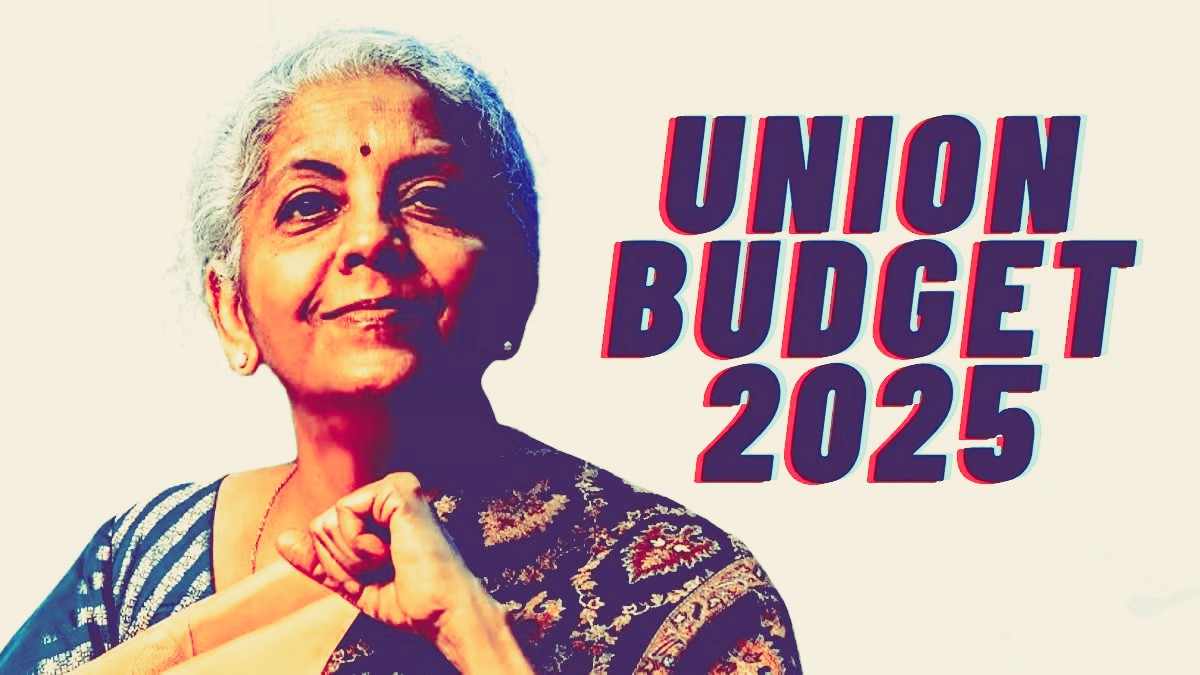The Union Budget 2025 for the fiscal year 2025-26 or FY26 is slated to happen on February 1, 2025.
One of the longest-serving and the incumbent Finance Minister, Nirmala Sithraman, will present her record 8th budget. With rapidly changing circumstances, their expectations from her are high. As a country looks to chart a new chapter in economic growth, one of the key aspects involved in it is energy.
GST & Energy
One of the key issues regarding the energy sector is taxation. Bringing natural gas under GST.
“As we approach the Union Budget 2025-26, the oil and gas industry remains optimistic about key reforms that can drive growth, particularly in natural gas. A key expectation is the inclusion of natural gas under GST, which would unify the energy market and deliver benefits to consumers.” said, Pankaj Kalra, CEO, Essar Oil and Gas Exploration and Production Limited

Pankaj Kalra, CEO, Essar Oil and Gas Exploration and Production Limited |
Additionally, the passage of the Oilfield Amendment Bill is crucial for ensuring policy stability and simplifying processes, especially for unconventional resources like coal bed methane (CBM) and shale.
Logistics In Focus
“India’s logistics sector holds immense potential for green growth, and the upcoming budget must prioritise initiatives to fully unlock this potential.”, said, Anand Mimani, CEO, GreenLine Mobility Solutions Ltd.
Energy As An Element of National Security
According to Mimani, energy resources have significant potential to reduce import dependency and enhance India’s energy security.
We strongly believe that continued incentives for unconventional hydrocarbon exploration will be vital in strengthening domestic energy security and supporting economic stability.

Anand Mimani, CEO, GreenLine Mobility Solutions Ltd. |
Sustainability On The Agenda
A targeted focus on these areas in the budget, coupled with favourable policies, will create a robust framework for growth and long-term sustainability.
To drive long-term sustainability, it is essential to incentivise the adoption of electric vehicles, accelerate the development of sustainable infrastructure, and support the integration of digital technologies that enable more efficient and eco-friendly logistics operations.
These strategic measures will not only help reduce emissions but also significantly enhance the global competitiveness of Indian businesses, positioning them for long-term success in a rapidly evolving and sustainability-driven world.”
